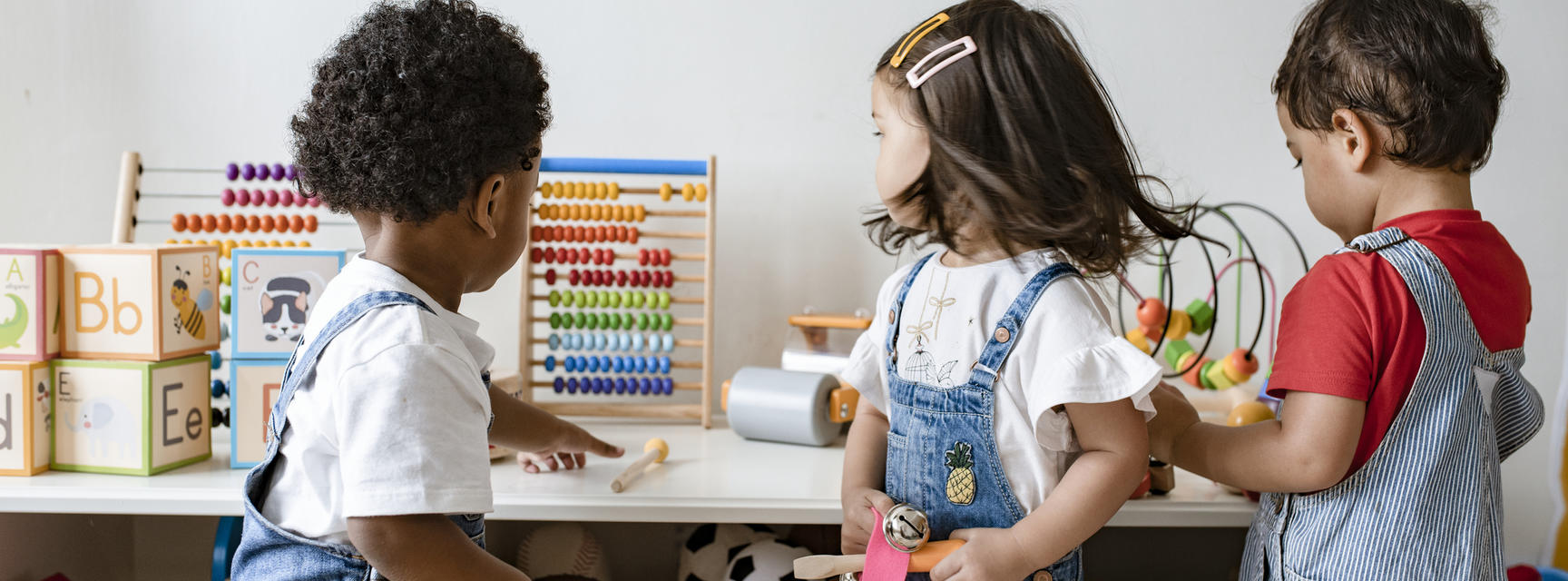Oldham
Information use project (IUP) specification
The IUP in Oldham focuses on improving information on the speech, language and communication needs (SLCNs) of babies, toddlers and their families. It aims to improve the exchange of meaningful information between parents and practitioners to identify SLCNs, and to enhance the accessibility of that information across the wide range of services involved.
Improving information use for SLCNs requires knowledge and understanding of the vulnerabilities and social risk factors that can affect children’s development and everyday communication experiences. Such efforts need to be grounded in a holistic understanding of children’s development – including the links between their SLCNs and their socioemotional development – and in the knowledge that children’s speech, language and communication development is situated within their social environment. Research has consistently identified that plentiful, socially meaningful and contextually rich interactions between children and their parents and carers are needed to optimise early development.
How the project has evolved and where we are now
Our plans for the coming year
Oldham colleagues are also working to improve the accessibility and use of this information at the aggregate level. This effort should inform their analysis of SLCNs across the local cohort, helping them to plan and commission services that are responsive to specific contexts and appropriate to different levels of need. The aim to include wider and richer measures to identify and monitor SLCNs aligns with Greater Manchester’s Speech Language Communication Pathway (Children’s Centre, 2019). The Pathway guides decision-making around the support and interventions offered to families and children relating to SLCNs within the combined authority’s 0–19 services.
Our team
The research team works flexibly across sites however Professor Leon Feinstein and Dr Katharina Ereky-Stevens are key members of the team working with Oldham. In the site, key team members include Bruce Penhale, Laurence Rafferty, Ailsa Burton, Jenny Clarke, Liz Metcalfe and many more. Engaged in the project from the Greater Manchester Combined Authority are Miriam Loxham and David Ottiwell.




